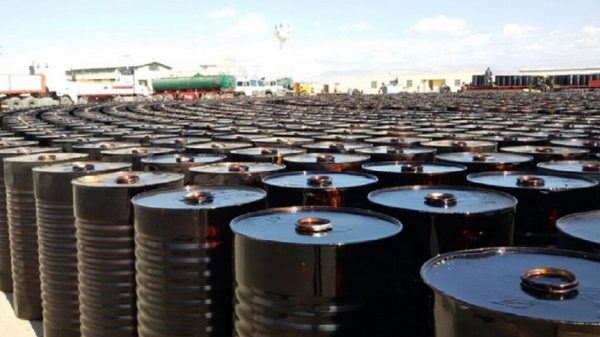Protect local bitumen industry

Bitumen is the main ingredient for constructing roads and highways countrywide. But, regrettably, most of the country’s roads and highways are prone to get damaged within just 6-12 months of their construction, causing immense sufferings to commuters and waste of public money. A group of importers is to be blamed for the consequence as they allegedly import inferior quality bitumen in exchange of bribe and then supply it to the contractors for road construction work.
In a bid to prevent the use of low-quality bitumen in road construction, the Road Transport and Bridges Ministry previously issued a circular asking the authorities concerned to use 60/70 grade high-quality bitumen in road construction. But, the road maintenance agencies are reluctant to ensure the use of quality bitumen due to corrupt practice being pursued by their officials. Realising the adverse impact of below-standard bitumen, the authorities of the Eastern Refinery Limited (ERL) stressed on preventing the import of foreign bitumen by any means. But, in gross violation of the directives of the ERL authorities, contractors often purchase low-quality bitumen from importers at lower prices to maximise their profit.
Presently, the country is mostly dependent on imported bitumen. It imports 87 per cent of its total bitumen demand while the state-owned ERL produces the rest 13 per cent. But, because of the NBR’s discriminatory rules, local producers are overburdened with tax. They are to pay 26 percent tax on the production of bitumen while importers are free from such tax. Moreover, local producers have to pay 15 percent VAT on import of raw materials while import of finished bitumen is exempted from any VAT. Supply of imported bitumen is subjected to 5 percent VAT, but that of locally produced bitumen to 15 percent. Businesspersons and experts have opined that local bitumen producers should be exempted from the burden of VAT reducing it from 5 percent to 1 percent. Experts termed high tax on locally produced bitumen as contrary to the government’s industry-friendly policy and the rules of the World Trade Organization (WTO). The discriminatory policy should immediately be amended for flourishment of local industries much to the benefit of the nation.





























Leave a Reply